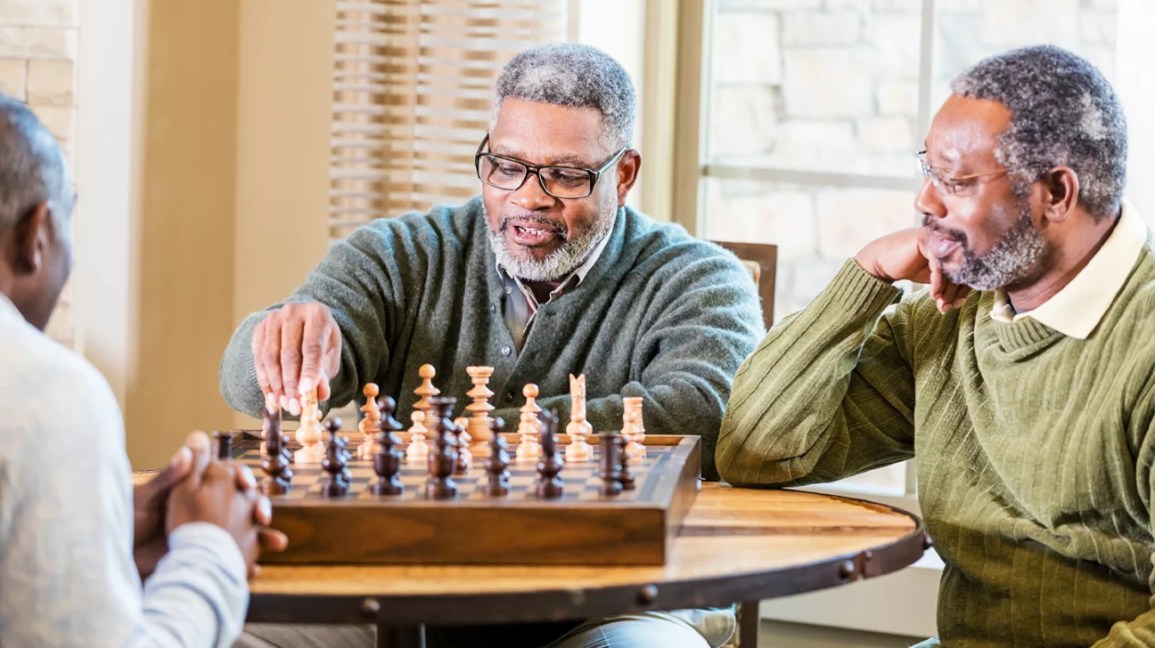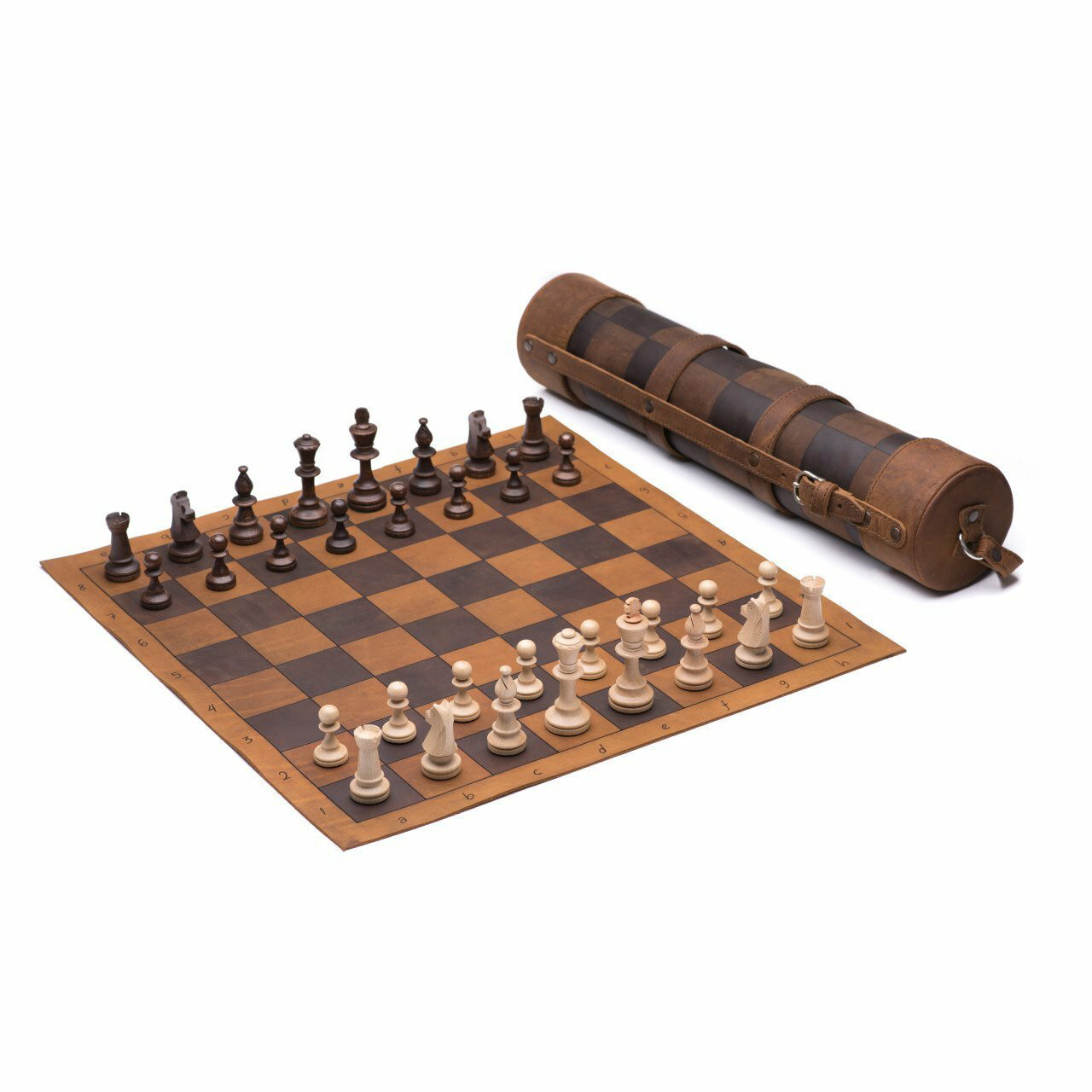Chess is a game of skill and strategy. It has been played for hundreds of years. With the internet, chess became more accessible. People can play chess online from anywhere in the world. But with this ease comes new problems. Cheating is one of them.

Credit: www.reddit.com
What is Cheating in Online Chess?
Cheating in online chess means using unfair methods to win. This can include using chess engines or getting help from another person. Cheating ruins the fun for everyone. It makes the game unfair.
Why is Fair Play Important?
Fair play is the foundation of any game. It ensures everyone has an equal chance to win. Fair play makes the game more enjoyable. It builds trust among players. Without fair play, the game loses its value.
Common Cheating Methods
There are several ways people cheat in online chess. Here are a few common methods:
- Using Chess Engines: Players use computer programs to find the best moves.
- Collusion: Two or more players work together to cheat.
- Account Sharing: Players allow stronger players to play on their account.
- External Assistance: Getting help from other people or materials.

Credit: www.reddit.com
Anti-Cheating Measures
Online chess platforms have several ways to prevent cheating. These measures help keep the game fair. Here are some common anti-cheating measures:
1. Engine Detection
Platforms use software to detect engine use. These programs analyze the moves. They compare them to the best possible moves. If a player’s moves match too closely, it may indicate cheating.
2. Monitoring Play Patterns
Platforms monitor how players move. They look for unusual patterns. For example, if a player’s skill improves too quickly, it may be a sign of cheating.
3. Reporting Systems
Players can report suspected cheaters. The platform reviews these reports. They take action if they find cheating.
4. Fair Play Teams
Many platforms have teams dedicated to fair play. These teams investigate reports of cheating. They use advanced tools to detect and prevent cheating.
5. Time Controls
Platforms use time controls to prevent cheating. Shorter time controls make it harder to use engines or get help. They limit the time players have to make moves.
6. Account Verification
Some platforms require players to verify their identity. This can help prevent account sharing and collusion. Verified accounts are less likely to cheat.
Consequences of Cheating
Cheating has serious consequences. Players caught cheating can face several penalties. These may include:
- Account Suspension: The player’s account may be suspended.
- Ban from Tournaments: The player may be banned from participating in tournaments.
- Rating Penalties: The player’s rating may be reduced or reset.
- Reputation Damage: The player’s reputation in the chess community may be harmed.
How to Play Fair
Fair play is important for everyone. Here are some tips to ensure fair play:
- Play Honestly: Do not use engines or get help.
- Respect Opponents: Treat your opponents with respect.
- Follow Rules: Follow the rules of the platform.
- Report Cheating: Report any suspected cheating.
- Verify Account: Verify your account if required.
Conclusion
Fair play and anti-cheating measures are crucial in online chess. They ensure the game remains enjoyable and fair for everyone. By understanding and following these measures, players can help create a better chess community. Remember, chess is a game of honor. Play fair and enjoy the game!







